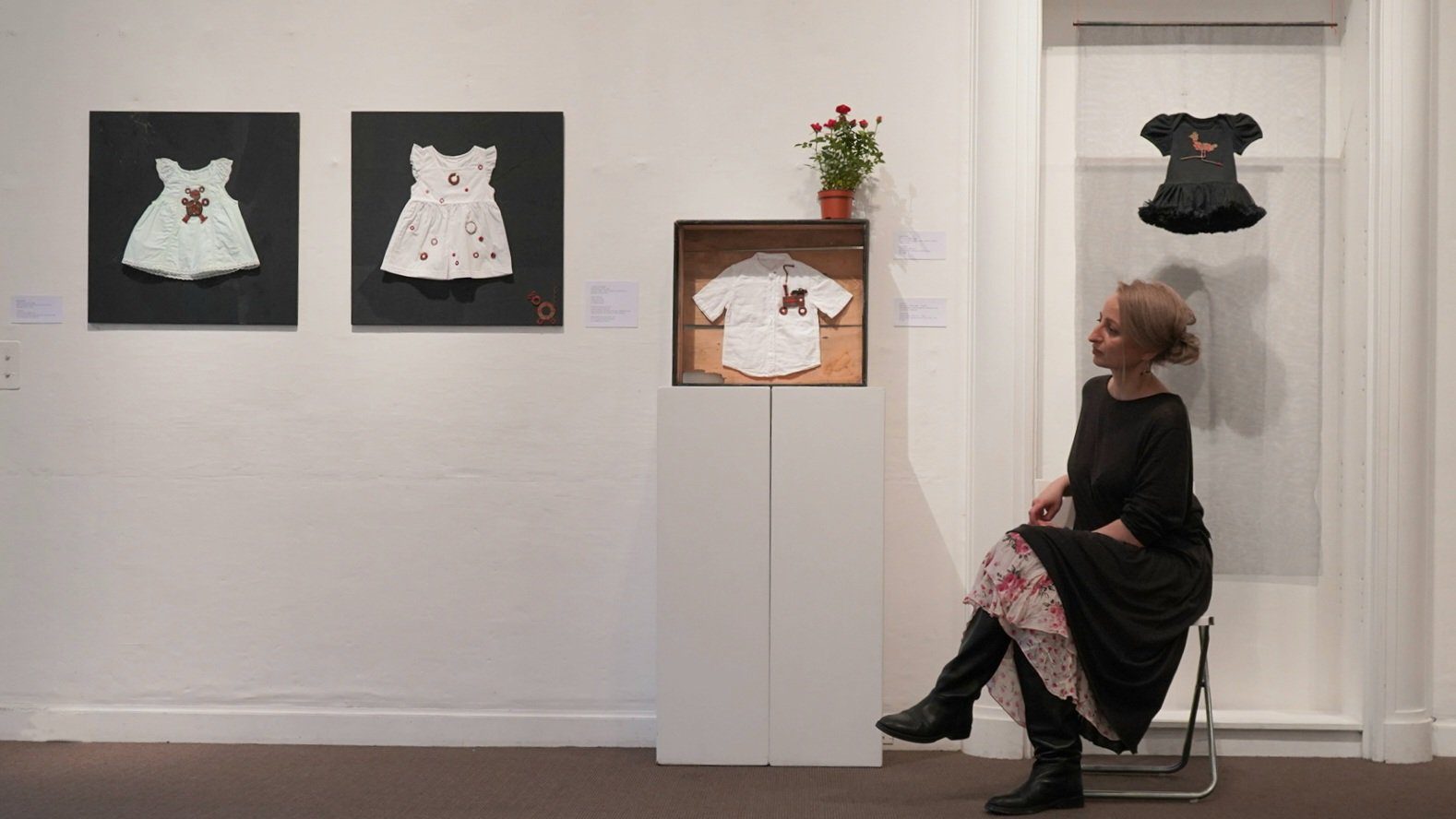This post is also available in: Bosnian
Theodor Meron, the president of the International Criminal Tribunal for the Former Yugoslavia, ICTY, told BIRN that despite critics condemnation of the recent acquittals of Croatian generals Ante Gotovina and Mladen Markac, Yugoslav general Momcilo Perisic and Serbian security officials Jovica Stanisic and Franko Simatovic, all proceedings were conducted in accordance with the guarantee of a fair trial.
I would underscore that accountability does not mean that every trial should end in a conviction. If that were true – if the whole purpose of international criminal justice were simply to convict – then we would be living in a world where every person who stands accused is necessarily and automatically guilty. Such a world is anathema to what we mean when we talk about justice, said Meron.
According to Meron, the guarantee of the highest standards of due process and fair trial rights is one of the greatest successes of the Hague court.
Guaranteeing such protections to accused persons can, unfortunately, lead to delays in proceedings, which some may assert is a shortcoming of the Tribunal. I believe, however, that the success and credibility of the international criminal justice system depend on the promise of a fair trial, said Meron.
Controversy erupted last month after the publication of a letter by Hague Tribunal Judge Frederik Harhoff, who suggested the recent acquittals could have been the result of political pressure and caused rights groups and victims association to ask the United Nations Security Council to review the work of the ICTY, claiming that its judgments have caused further divisions among people in the region.
Meron however refused to answer questions about the issue.
He did, however, say that facilitating reconciliation is not a classical function of courts, much less in the context of the Tribunal.
I would of course be very pleased if the Tribunals judgments made a meaningful contribution to the advancement of reconciliation in the former Yugoslavia. However, it is important to understand that the Tribunal has a very specific and limited mandate. Reconciliation often requires much more than a simple trial verdict and is a matter that civil and community leaders are better equipped to address, he explained.
While what occurs in a courtroom may be part of the process, especially by contributing to the respect for and understanding of the rule of law, there needs to be a broader dialogue in post-conflict regions, at the national and sometimes trans-national level, he said.
Speaking about the victims of the 1990s conflicts in the former Yugoslavia, Meron said that the ICTY will be forever grateful to them for building up the courage to come forward and testify about the horrific violence that they endured.
Regarding the issue of compensation to victims, the Tribunal does not have the authority to grant compensation or direct states to do so. However, reparation programs are being implemented at other courts, and I support the idea of providing some form of compensation. While my predecessor advocated for the establishment of a trust fund for victims, and during my presidency I have echoed his calls, unfortunately the idea has not gained traction with the international community, said Meron.
Past successes and future challenges
The establishment of the Hague Tribunal 20 years ago, in Merons view, was an important step that symbolised the international communitys commitment to ending impunity for those who committed serious crimes.
The Tribunal has demonstrated that there is no impunity for those who violate international criminal laws, regardless of whether crimes are committed by heads of state, politicians, generals, paramilitary leaders, or footsoldiers. In this manner, each verdict carries an important message: Those who commit crimes against humanity, war crimes, and genocide will be held accountable, he said.
He expressed pride about what the court had achieved in l


